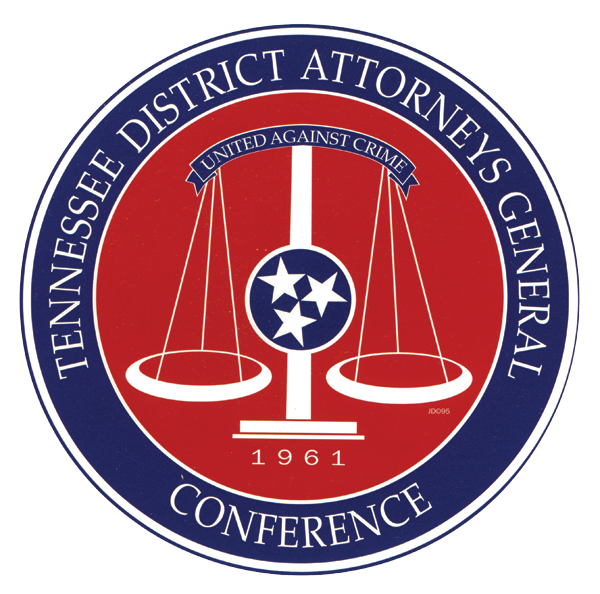The Criminal Justice Process
I hope that no victim ever feels re-victimized by the criminal justice system. That no victim feels left out of any step of the process in our efforts to seek justice for them and their families. I hope that a victim can wake up without fear and know that they have support and strength in their victim advocate to help them in their healing.
1
Arrest Warrant
2
Bail/Bond Hearing
3
Preliminary Hearing
4
Court Decision
5
Grand Jury
6
Indictment
7
Arraignment
8
Report Date/Status Hearing
9
Plea Agreement
This is a negotiated settlement that allows defendants to accept responsibility for their actions and for the court to dispose of their case without trial. Many defendants plead guilty. Once a defendant decides to plead guilty, it is up to the District Attorney’s Office and the defendant’s attorney to work out an agreement to present to the judge. The defendant may agree to plead guilty to the crime(s) charged or to a lesser offense, and there may be an agreement that the District Attorney’s Office will recommend a sentence to the judge. The judge may accept or reject the plea. Although you will not have the final say as to what sentence is given, the District Attorney’s Office values and will consider your input. If no plea agreement is reached, the case goes to trial. If a plea agreement is reached, the case moves straight to sentencing.
10
Trial
The court proceeding in which the District Attorney, or an Assistant District Attorney, presents the case for the State, attempting to prove beyond a reasonable doubt that the defendant committed the crime(s) as charged. The defendant may present proof to dispute the State’s claim. Usually, the defendant chooses whether a judge or a 12-person petit jury will decide the case. You should be present at the trial and may be required to attend if you were a witness to the crime.
11
Sentencing
After a defendant’s guilty plea is accepted or he/she is found guilty after a trial, the judge decides what happens. The defendant may be sent to prison or jail, or the sentence may be “suspended,” and the defendant put on probation. Probation means the defendant is left free as long as he/she does what the judge has told him/her to do. He/she may also be placed in other programs, such as “Community Corrections.” **
Victim’s Impact Statement – You will be given the opportunity to provide a written impact statement to be submitted by a probation office as part of the pre-sentence report to be reviewed by the court prior to sentencing. The District Attorney's Office will work with you if you wish to make an oral statement at the sentencing hearing.
12
Post trial
**For information on how and when to attend court for your case, please contact your local victim/witness coordinators.
